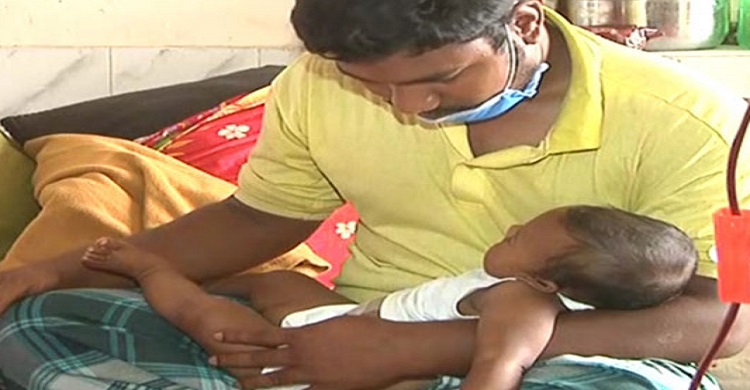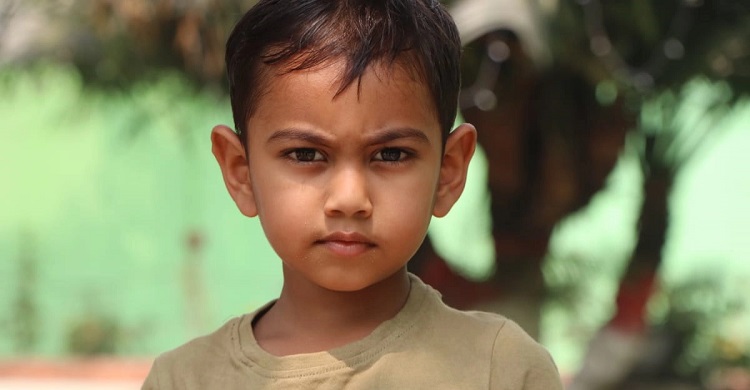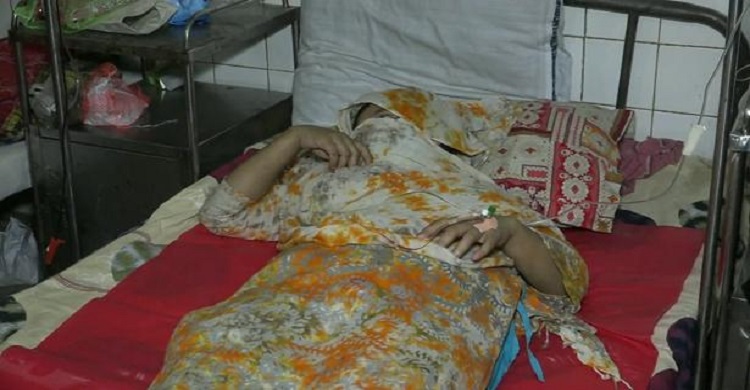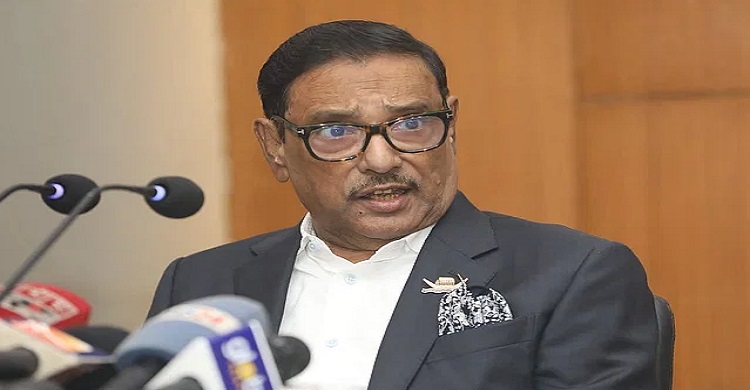
- Child News
Confusion arises in England, will the parents refuse to send children to school?
- Child News
- 07 July, 2020 23:50:40
CNI Desk: Pupils began returning to schools in Wales on Monday - it is the first time most pupils have been in the classroom since March.
It is hoped all pupils in Wales will be able to "check in, catch up and prepare" over the next three to four weeks ahead of the September term.
For students in England, most are still waiting to get a confirmed return date. On Monday Boris Johnson told Times Radio all pupils would be back by September and he was "frustrated" it wasn't sooner.
On Monday 1 June, schools in England reopened for pupils in Reception, Year 1 and Year 6.
However, other year groups, and schools in Northern Ireland and Scotland, have not yet gone back.
When are schools across England reopening?
On Friday 20 March, three days before the establishment of nationwide lockdown, schools across England were closed in response to the coronavirus pandemic.
Only vulnerable children and children of critical workers were allowed to remain in school from that period.
In an update published by the government on Monday 11 May, it stated that by Monday 1 June “at the earliest”, primary schools in England “may be able to welcome back children in key transition years”, which includes students in nursery, Reception, Year 1 and Year 6.
“Secondary schools, sixth forms and colleges will also work towards the possibility of providing some face-to-face contact with young people in Year 10 and Year 12 to help them prepare for exams next year,” the Department for Education states.
However, “progress will be monitored every day” and will determine whether it is safe to reopen schools for an increased number of pupils.
“If the virus stays on the downward slope, and the R remains below 1, then – and only then – will it become safe to go further, move to the second step and reopen schools,” the government outlines.
The government adds that its aim is “for all primary school children to return to school before the summer for a month if feasible, though this will be kept under review”.
“The Department of Education will engage closely with schools and early years providers to develop further detail and guidance on how schools should facilitate this.”
On Monday 8 June, health secretary Matt Hancock hinted that it may not be possible for schools to fully reopen in September.
It was also reported that plans for all primary school children to return to school in England before the summer holidays are set to be abandoned by the government due to concerns over social distancing.
Can parents refuse to send their children to school?
In May, the government said that it was “examining more stringent enforcement measures for non-compliance” with social distancing measures, “as it has seen in many other countries”.
However, the government also made it clear that at the present moment, parents and guardians will not be penalised should they decide not to send their children back to school when they are encouraged to do so.
“Eligible children – including priority groups – are strongly encouraged to attend their education setting, unless they are self-isolating or they are clinically vulnerable,” the Department for Education states.
“Families should notify their nursery, school or college as normal if their child is unable to attend so that staff can explore the reason with them and address barriers together.”
The department added: “Parents will not be fined for non-attendance at this time.
“Parents will not be penalised if their child does not attend school. We expect schools and other relevant partners to work with and support the relevant families and pupils to return to school.”
However, the education secretary has warned that this could change from September.
On Monday 29 June, Gavin Williamson said that at the start of the academic year, it will be “compulsory” for children to attend school unless they have a “good reason” not to.
Absences could result in financial penalties for families, Mr Williams said.
Despite this warning, headteachers and teachers’ unions have been urged to “build confidence” with families by not rushing to reintroduce fines.
Geoff Barton, general secretary of the Association of School and College Leaders (ASCL), said that the organisation doesn’t believe fining parents if their children do not attend school in September is the “right approach”.
"There will be many frightened and anxious parents out there, and this is very much a case of building confidence that it is safe to return, rather than forcing the issue through the use of fines,” he said.
Patrick Roach, general secretary of the NASUWT teaching union, added that ministers should “think carefully before issuing warnings to parents”, considering the government “has not yet explained how it plans to reopen schools safely in September”.
"It is important that the safe return of children to schools is encouraged and that parental concerns are considered seriously and responded to appropriately,” he said.
Kevin Courtney, joint general secretary of the National Education Union (NEU), stated that it is important to work with families “in a constructive and supportive way”.
Mr Williamson also stated that when schools reopen in September, it is unlikely social distancing guidelines will be followed in the same manner as at other establishments, such as pubs.
Instead, classes will form “bubbles” that are separate from other pupils.
When are schools expected to reopen in Scotland, Wales and Northern Ireland?
On Thursday 21 May, Scotland’s first minister Nicola Sturgeon announced that all schools in the country would be reopened from 11 August.
Sturgeon told MSPs that children will return to a “blended model of part-time in-school and part-time at-home learning”.
The first minister added that teachers and other members of staff at schools will return in June to prepare their classrooms for the new term after the summer break.
During June and over the course of summer, an increased number of children in Scotland will have access to critical childcare, Sturgeon said.
The Scottish government will also provide “transition support for children going into primary 1 or moving from primary 7 to secondary school”.




























Comment ( 0)